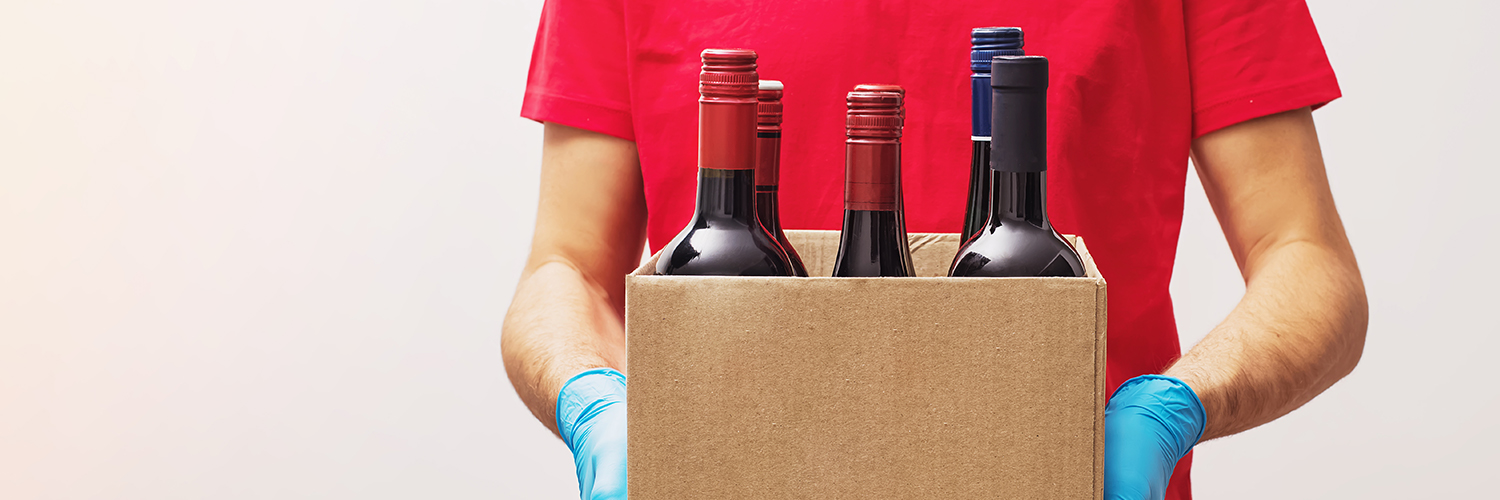There is strong community support for government action on alcohol harm. A January 2020 YouGov survey with a representative sample of NSW residents found that 78 per cent of people in NSW think more needs to be done to reduce harm caused by the sale and marketing of alcoholic products.i
This submission provides evidence-based recommendations on the Draft Liquor Amendment (24-hour economy) Bill 2020 (‘Draft Bill’)which amends the Liquor Act 2007 (‘Liquor Act’).
The effective regulation of alcohol is essential to ensuring that alcohol harm is prevented and people in New South Wales (NSW) are healthy, safe and well.
Summary of recommendations
Incentives and sanctions (Schedule 1)
- Do not introduce any annual liquor licence fee discount.
- Encourage faster compliance by applying the demerit risk loading each year a demerit point is held, rather than a once-off loading.
- Use penalty notices and fines (swift and certain sanctions) in combination with compliance history risk loading.
- Ensure continuity and integrity of compliance measures by integrating existing strikes for bad behaviour of licensees into the new system, rather than wiping previous noncompliance from the record even when the licensee has a history of bad behaviour.
Managing density (Schedule 2)
- Liquor and Gaming NSW should consult alcohol policy experts on the development, implementation and evaluation of the Cumulative Impact Assessment Framework.
- Members of the broader community, especially residents, community groups, service providers and businesses impacted by increases in liquor outlet density, should be consulted in the development and review of Cumulative Impact Assessments.
- Include small bars and alcohol delivery companies in the assessment of density in the new Cumulative Impact Assessment Framework.
Online sales and alcohol delivery (Schedule 3)
- Introduce a delay of two hours between purchase and delivery of alcohol.
- Limit deliveries to between 12pm and 9pm to reduce the likelihood of alcohol being used to ‘top up’ when people are already intoxicated, leading to increased risk of harm.
- Reduce the risk of children accessing and consuming alcohol by extending age verification to all alcohol sales and deliveries.
- Prescribe a Responsible Service of Alcohol (RSA) training course for alcohol delivery employees, to ensure that they are aware of their legal responsibilities, including to not supply alcohol to children or people who are intoxicated.
- Extend the requirement for interstate licensees with a delivery depot in-state to apply for a NSW licence, to all interstate licensees delivering same-day into NSW from across the border, thereby applying the principle to all interstate licensees conducting same-day delivery in NSW.
- Review the wording of the interstate licensees provision to ensure that it covers alcohol delivery companies that supply to customers in NSW from mobile packaged liquor outlets (refrigerated vans).
- Require interstate licensees applying for a NSW licence to complete a Community Impact Statement.
- Mandate licensees to provide records of all deliveries to Liquor and Gaming NSW on a quarterly basis.
- Make it a universal offence to supply alcohol to a person who is intoxicated.
- Reform the defence in Clause 114(5) of the Liquor Act which makes it virtually impossible to hold alcohol delivery companies to account for supplying alcohol to a child by next day delivery.
- Create a specific liquor licence or licence condition for rapid delivery of alcoholic products, to reflect the increased risk of alcohol harm from this type of alcohol delivery.
Small bar reforms (Schedule 4)
- Children should not be allowed in venues whose primary authorisation is to serve alcohol, including small bars.
- Small bars represent a greater risk to communities than cafés or restaurants. They should not have applications fast-tracked and they should have to complete a Community Impact Statement.
Harm minimisation
- The primary objective of the Liquor Actshould be to minimise harm from the sale, supply and consumption of alcohol in order to prioritise public health and community interests. A definition of harm should encompass harm relating to the sale, supply and consumption of alcohol including:
- the risk of harm to children, vulnerable people and communities (whether to a community as a whole or a group within a community);
- the adverse economic, social and cultural effects on communities (whether on a community as a whole or a group within a community);
- the adverse effects on a person’s health;
- alcohol dependency;
- family violence, interpersonal violence; and
- anti-social behaviour, including property damage.
Alcohol sales data
- Begin collecting and reporting state-wide alcohol sales data, in line with other Australian states and territories so that this data can be used to inform future policy decisions.
Data collected should enable geospatial differentiation (e.g. by Local Government Area), differentiation between on-premise and off-premise alcohol sales, and include sales made online for delivery.



